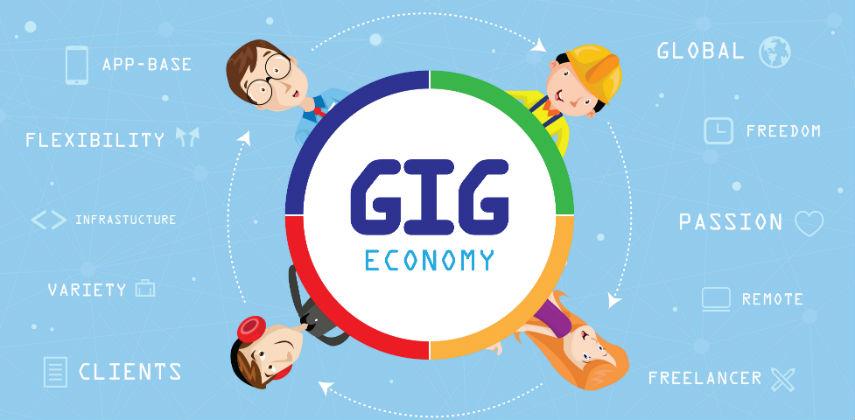The topic of the changing nature of the workplace currently dominates many conversations and reams of press and magazine coverage. It is therefore unsurprising that governments around the world have been trying to grapple with the unexpected pace of change and challenges that face all businesses dependent on labour in one form or another.
The UK has just published its report, “Good Work: the Taylor Review of Modern Working Practices”, which suggests some fundamental ground rules for managing the workplace in these rapidly changing times. Such guidance is clearly needed because, despite the focus on the issues, businesses have been slow to actually embrace the changes and implement the difficult staffing decisions needed. This is supported by research from the Economic Intelligence Unit, which noted in August 2015 that “50 per cent of companies have devised a strategy to address workplace digitisation but fewer than 25 per cent have deployed it.”
It is important for those handling workplace strategies to develop an understanding of what we mean when we talk about the evolving workplace and what lies ahead. This is a complex assessment and needs to occur at many levels. One thing is abundantly clear: traditional staffing arrangements alone are likely to be too inflexible to meet the demands of a dynamic workforce and ever-changing business needs.
Individuals have clearly shown that there are attractions to being able to provide one’s labour on a flexible basis – often through the use of apps – with “uberisation” becoming a recognised term in its own right. In addition, millennials are constantly challenging the need for structures that require them to work in a regimented way in terms of method, time and place. Even within the traditional workplace, roles are being eliminated. Existing employees need to learn new skills with job descriptions changing regularly, and many non-core functions are being outsourced or delivered in a non-traditional way. Work is increasingly not an identifiable “place” to go, but a virtual environment containing individuals who still need to be connected, engaged and, in some respects, controlled.
All of this sounds exciting and so it is, but trying to manage these developments within a context of corporate risk and responsibility is no easy task. It is also increasingly clear that businesses are being asked to share some of the responsibilities and costs of these changes on behalf of society. The Taylor Review provides a clear indication of this: “the best way to achieve better work is not national regulations but responsible corporate governance, good management and strong employment relations within the company.”
It has become increasingly clear that one of the most important assets of any organisation is its reputation and brand, both within the organisation itself and with customers, peers, and society as a whole. Working out what a particular organisation is going to do to embrace the opportunities in a way that is brand-enhancing rather than damaging is a key objective.
In the employment law context, the challenges can largely be categorised as follows. There is the need to assess staffing structures that are in place and plan what is likely to be needed in the future. Companies must ensure maximum flexibility to bring people in and out of the workforce as needed. There ought to be secure systems which have at their core the protection of the business’s intellectual capital. There is also the need to assess and mitigate the risks of claims and actions regarding individuals who are, by definition, not closely or even lightly controlled in their day-to-day activities.
None of this is easy in the current legal context. Just getting a visa for those who need to work locally invariably requires a traditional employment contract in many countries in Asia. Many staffing arrangements simply do not retain the flexibility they are intended to provide at the outset. For example, agency workers may become direct employees after a relatively short period of time. In South Korea, agency workers may, after two years, gain full employment status with the company for which they have been providing services.
The intended arrangements with “gig workers” often result in unintended consequences, with a high risk that an undocumented and potentially expensive employment relationship has been established.
Working within the strict confines of workplace law, especially with all its complexity in Asia is, of course, going to demand time, focus and a clear view of the appetite for risk. It perhaps brings to mind an apposite quotation from the Austrian-American educator, Peter Drucker: “the greatest danger in times of turbulence is not the turbulence – it is to act with yesterday’s logic.”
This article appeared in the Classified Post print edition as Negotiating the gig economy's legal implications.



